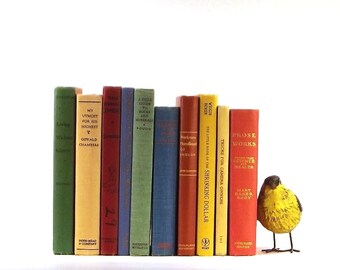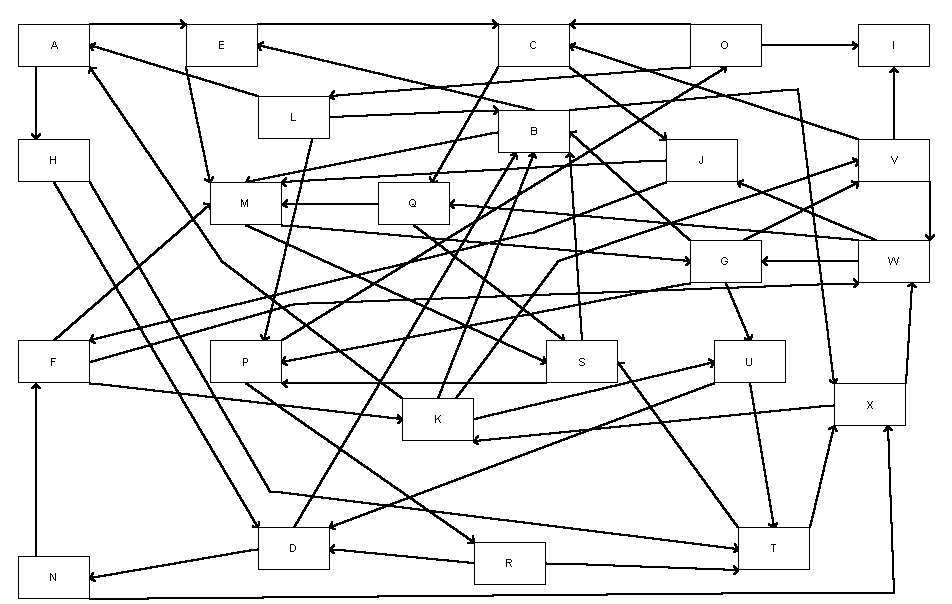With this week’s reading ‘The Age of the Essay’ by Paul Graham explores the power of essays and trying our ideas out in prose to thoroughly work out our thought processes… I thought I’d give it a go.
Recently, with the strong media focus on planes, guns, bombs and terrorism… I got to thinking, is there really more danger in the world now, or am I simply more aware of it?
I could’ve sworn two years ago that I had close to no fears. Sure, the normal things like spiders, sharks and snakes… and sometimes the dark would scare me. But, I never thought too much about planes falling out of the sky, or terrorist groups plotting and carrying out global-scale horror.
So, as I lie awake in bed with these thoughts running through my head, I imagine myself caught up in one of these incidents. I have recently applied for an exchange program, and despite studying and travelling abroad being at the top of my bucket list, I can’t help but get stuck wondering about the global atrocities occurring today. I get mixed up in my dreams about whether I even want to travel anymore. I imagine myself in a plane being thrown around the sky, jolting up and down and my body banging against the chair. I look around at the other faces around me. Fear is all I can see in every direction.
Two years ago I travelled around Spain on about seven different planes. And, yet then I never thought about terrorism, dodgy airlines or worried about travelling to far and distant places. This made me reflect: Is the current world really more dangerous and busy than it was when I was growing up, or is it the fact that I am now more aware that I have these fears?
I could have sworn that there is more going on globally with civil and global wars than there was fifteen or twenty years ago. But, after bringing this topic up around many different friends, I figured, maybe it is my close-knit relationship with my phone, Facebook and Internet, that I now am aware of what is going on in the world.
Studying within in the media industry, I’ve come to the conclusion that perhaps news reports and those who supply and write them propagate fear in society.
Take a look at the Vietnam war for example. Just one month ago, I returned from a few weeks in Vietnam. We started in the capital in the North, Ha Noi, whose culture base is still very much rooted in Eastern tradition. We then travelled South through beautiful places such as the Ninh Binh province, Halong Bay, Hoi An and finally Ho Chi Minh. In Ho Chi Minh, we visited the War Museum which has documents, testaments and photographs from during the Vietnam War.
There we saw the events which dramatically changed the perception of ‘war’ throughout the world. War was never publicised or televised until the Vietnam war. And, until then, people in society viewed war as a heroic event, one which people would simply attend. This concept changed as people witnessed the events second hand from behind the cameras of journalists, photographers and soldiers.
So after much thinking, I’ve realised that the world is what it is, and that publishing and recording events simply makes it more real to us. And, when we either seek or come across this strong, constantly reiterated concept available to us through the Media, we can develop fears associated with this content. In fact, not we can, but we do.


